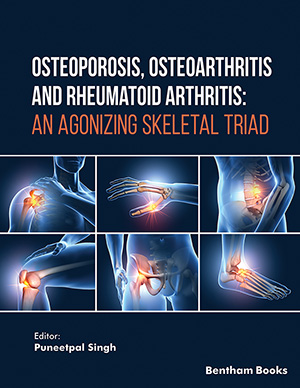
Abstract
Reactive arthritis is triggered by an infection. Much of evidence has been accumulated to prove that the causative microbes or their components may persist in the organism for extended periods, maintaining an active immune response. Therefore, the question about the value of antibiotics has been entertained by several research groups. A number of studies have demonstrated that antibiotics may be useful only if applied very early, before the pathogenetic process has started. In established reactive arthritis short-term treatment is apparently not effective. Also a three-month course of ciprofloxacin has been demonstrated to be without clinical effect as observed during a one-year follow-up. The same findings were made in a large multicenter EULAR study regarding azithromycin. However, when patients were re-examined four to seven years after an initial 3-month course of the antibiotics in the Finnish ciprofloxacin study, it turned out that patients in the placebo group had significantly more often developed chronic joint symptoms and objective findings of rheumatic disease than those treated with the antibiotic. In addition, a recent study suggests that intensive treatment with a combination of doxycycline and rifampin may have a beneficial effect even in chronic reactive arthritis. The question must be raised whether antibiotics, after all, should be considered especially in HLA-B27 positive patients.
Keywords: Reactive arthritis, spondylarthrtopathies, enteroarthritis, uroarthritis, HLA-B27, ciprofloxacin
 5
5









